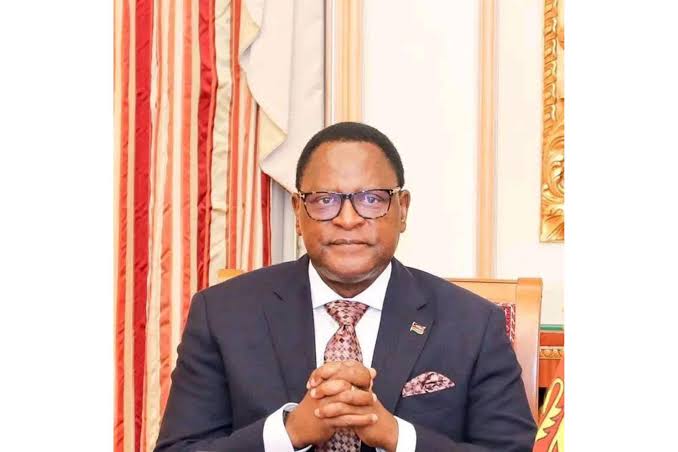By Burnett Munthali
The recent decision by Deputy Speaker Madalitso Kazombo to halt parliamentary proceedings raises significant questions about leadership, procedural adherence, and the implications for Malawi’s legislative process. The incident, centered on the motion to remove Sameer Suleman as Chairperson of the Agriculture Committee, highlights tensions between the executive and legislative branches while exposing procedural weaknesses within the National Assembly.
The controversy stems from Suleman’s visit to the Smallholder Farmers Fertilizer Revolving Fund of Malawi (SFFRFM) offices during his suspension from parliamentary activities. This act was perceived as a violation of parliamentary decorum, prompting government MPs to push for his immediate removal. While their concerns may have merit, the motion brought to the floor appears to have been clouded by political undertones and a lack of procedural clarity.
Deputy Speaker Kazombo’s decision to refrain from ruling on the matter underscores the complexities of parliamentary leadership. His assertion that he could not proceed in the absence of the Speaker demonstrates adherence to hierarchy and respect for institutional processes. However, it also raises questions about the flexibility and decisiveness of leadership in urgent situations. By deferring to another Speaker, Kazombo inadvertently delayed the resolution of an issue that could have been addressed promptly with a clear ruling or directive.
The role of the Leader of the House, Richard Chimwendo Banda, further complicates the situation. Chimwendo Banda’s request for an adjournment until another Speaker could take over suggests a lack of confidence in Kazombo’s capacity to manage contentious issues. This undermines the authority of the Deputy Speaker and sets a worrying precedent for the conduct of parliamentary business.
The abrupt halt to proceedings not only disrupted the legislative agenda but also reflected poorly on the institution’s ability to manage internal conflicts. Parliament is a forum for robust debate and resolution of national issues, yet this incident demonstrates how procedural disagreements can derail progress. The walkout by MPs symbolized growing frustrations and the erosion of parliamentary decorum.
The demand to remove Suleman as Chairperson of the Agriculture Committee is indicative of deeper political divisions within the National Assembly. It highlights the politicization of parliamentary roles, where decisions are increasingly influenced by party allegiances rather than the merits of the case. This undermines the credibility of parliamentary oversight and risks reducing the institution to a battleground for political rivalries.
1) Clearer guidelines are needed to address situations where the Speaker is absent. Deputy Speakers should be empowered to make binding decisions on urgent matters to prevent disruptions.
2) Parliamentary leaders, including Deputy Speakers, should receive training to handle contentious issues effectively without escalating tensions.
3) Committees and their leadership should be shielded from political interference to ensure decisions are based on performance and accountability rather than party politics.
4) The Business Committee must prioritize dialogue and consensus-building to resolve conflicts without bringing proceedings to a standstill.
Deputy Speaker Madalitso Kazombo’s decision to halt proceedings reflects both the challenges of parliamentary leadership and the institutional weaknesses that continue to plague Malawi’s National Assembly. While his deference to hierarchy may have been well-intentioned, it exposed a lack of decisiveness that risks undermining public confidence in the legislative process. Moving forward, reforms are needed to enhance procedural clarity, strengthen leadership, and depoliticize parliamentary roles to ensure the National Assembly remains a functional and respected pillar of democracy.



